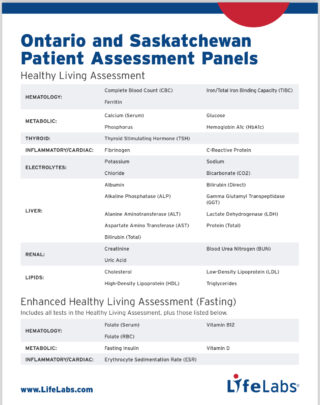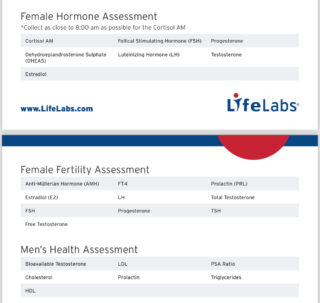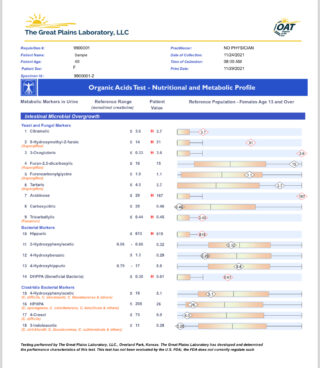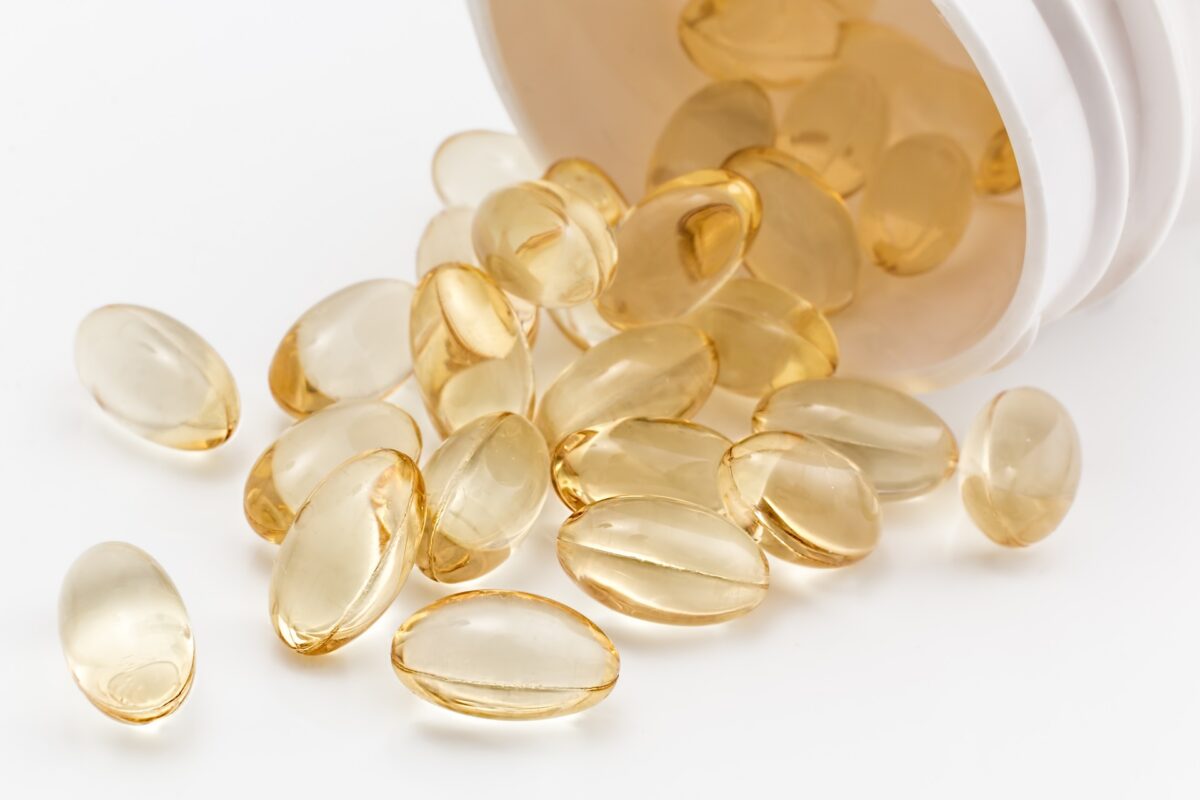Prolonged fasting has been a hot topic in the health and wellness community lately, with many touting its benefits, from weight loss to improved insulin sensitivity. But is it something that’s right for everyone? Fasting can be a great way to improve health, like lowering blood pressure and improving liver function in conditions like fatty liver disease. But it also has potential risks and side effects. Before you fast for a long time, it’s important to know how your body reacts to not eating and if it fits with your health goals. To help you make an informed decision, it’s a good idea to consult with a healthcare professional who can guide you through the process safely.
Understanding prolonged fasting: What it is and how it works
Prolonged fasting is a fascinating nutritional strategy that pushes the boundaries of our eating habits, stretching the gap without food to 24 hours or more. Unlike the more common intermittent fasting, where we have shorter periods of abstaining from food, prolonged fasting sets off a cascade of metabolic changes that help our bodies hold onto energy and tap into fat stores. This metabolic dance forces our system to switch from its usual glucose fuel to burning fat, a state known as ketosis. And the health perks? They’re nothing short of remarkable—think improved insulin sensitivity and lower blood pressure.
Now, let’s talk about water. When you’re fasting for longer stretches, keeping up with your hydration is key. It’s like giving your body a high-five to keep its metabolic processes in top gear and to help you manage any pesky side effects like headaches and fatigue. Plus, staying hydrated is a big win for your body’s natural detoxification process, ensuring it can flush out waste and toxins effectively.
Prolonged fasting is like a symphony, with the liver playing a key role. In conditions like fatty liver disease, where fat has taken over the liver cells, fasting can be the hero that swoops in. By clearing out excess fat, the liver can get back to what it does best, and over time, it can become healthier. Understanding how our bodies respond to fasting can help us make better choices about our health and what we want to achieve with our lifestyle.
Let’s take a closer look at the inner workings of prolonged fasting. Armed with a deeper understanding, we can approach it with the right mindset and preparation, ready to reap its potential benefits. In the upcoming sections, we’ll explore specific health gains, potential pitfalls, and practical advice for those contemplating this practice.

Health benefits: From weight loss to improved insulin sensitivity
Weight loss is a biggie. I mean, who wouldn’t want to shed a few pounds, right? Prolonged fasting is like a reset button for your metabolism. By cutting calories and tapping into those stubborn fat stores, you can see some pretty impressive changes in your weight and body composition over time.
But there’s more to the story than just weight loss. Studies have shown that prolonged fasting can also work wonders for our insulin sensitivity. In simple terms, that means our bodies get better at processing sugar, which translates to lower blood sugar levels and a decreased risk of developing type 2 diabetes. For those of us already grappling with pre-diabetic conditions, fasting can be a game-changer, offering the potential to manage and even reverse these health concerns.
And here’s something that might surprise you: studies have shown that extended fasting can help manage high blood pressure by lowering it. That’s a big deal for anyone worried about their heart. And the reason it works? It’s all about the changes your body goes through when you’re fasting, and how they can help reduce inflammation.
And let’s talk about fatty liver disease. By giving the liver a chance to shed some of that excess fat, fasting can help it heal and become healthier over time. For folks with non-alcoholic fatty liver disease, this is especially good news, as lifestyle changes like fasting can be a game-changer in managing the condition. There’s even some early research that suggests fasting could have anti-inflammatory effects, which might be a boon for those with inflammatory bowel disease. While we’re still waiting on more studies, the potential is exciting and underscores just how wide-reaching the benefits of fasting might be.
And here’s something that’s both exciting and heartening: ongoing studies are delving into the potential of fasting to complement cancer treatment. It’s early days, but the growing curiosity around this topic is a beacon of hope for improved patient outcomes. Armed with this knowledge, we can make more informed choices about whether prolonged fasting is a path that resonates with our health goals and the lives we lead.

Risks and side effects: What you should be aware of
As with any significant lifestyle change, it’s important to be aware of the potential risks and side effects of prolonged fasting. Common side effects such as headaches, fatigue, and dizziness are often temporary but can be quite uncomfortable. These symptoms usually happen as the body adjusts to the new way it works. You can help them by staying hydrated and getting enough water and electrolytes.
For those of us with chronic conditions like cancer, hypertension, and diabetes, it’s especially important to exercise caution. Prolonged fasting can exacerbate these conditions and interfere with treatment regimens. For example, people with high blood pressure may have changes in their blood pressure, while people with diabetes might see unexpected changes in their blood sugar levels. Before starting a fasting plan, these people should have a consultation with their medical professional. They need to make sure it is safe and right for them.
The other thing to be mindful of is that prolonged fasting can throw our electrolytes and nutritional balance out of whack. Our bodies need a steady supply of important nutrients to work well. When we fast for long periods, we may not get these important nutrients. That’s not something we want, as it can lead to all sorts of health issues, from a weakened immune system to a sluggish metabolism.
Fasting can also be a tricky path to navigate if you’re dealing with something like inflammatory bowel disease. The last thing you’d want is to upset the apple cart of your gut’s delicate balance. So, it’s all about weighing the scales—the potential benefits against the possible risks. And, of course, it’s always a good idea to have a chat with a pro to see if fasting is a good fit for you.

Case studies: Fasting and chronic conditions like cancer and diabetes
To paint a clearer picture of the potential benefits of fasting for chronic conditions, let me share some of the most compelling case studies I’ve come across. A study published in the Journal of Cancer Research found that intermittent fasting can significantly enhance the effectiveness of chemotherapy in cancer patients. This research suggests that fasting can help reduce tumour growth and improve the overall response to treatment. By temporarily depriving cancer cells of nutrients, fasting may make them more vulnerable to chemotherapy, leading to better outcomes for patients.
And in the world of diabetes, the benefits are equally compelling. Studies have shown that fasting can enhance insulin sensitivity, which can lead to better blood sugar control and a reduction in medication. For those with pre-diabetic conditions, fasting can be a powerful tool in managing and reversing these health issues. The metabolic shift that occurs during fasting helps the body utilize stored fat more efficiently, leading to a healthier body composition and improved insulin function.
Take, for instance, a patient with hypertension who, through periodic fasting, saw their blood pressure drop and their cardiovascular health improve. The ripple effect was remarkable—not only did they feel better, but they also needed less medication. It’s a game-changer for those at risk of heart issues, underlining the significance of maintaining healthy blood pressure to steer clear of complications.
Fasting has also been a game-changer in tackling fatty liver disease. Research shows that by reducing the fat content in the liver, fasting can improve liver function and lower the risk of complications. This is especially good news for those dealing with non-alcoholic fatty liver disease, where lifestyle changes can make all the difference. Fasting might be the anti-inflammatory superhero we’ve all been waiting for. This could mean big things for conditions like inflammatory bowel disease. While we’re still connecting the dots with more research, the potential for fasting as a sidekick in managing chronic conditions is pretty exciting.

Practical tips for safe and effective fasting
As you step into your fasting journey, remember to keep it safe and effective to reap the full rewards. Hydration is key. It’s the cornerstone of supporting your body’s inner workings and fending off dehydration’s unwelcome guests—headaches, dizziness, and weariness. I make it a point to sip on at least 8-10 glasses of water every day to keep things running smoothly.
Before you jump into an extended fast, it’s smart to chat with a healthcare provider, especially if you’re dealing with chronic conditions like cancer, high blood pressure, diabetes, or fatty liver disease. They can give you personalized advice and help you craft a fasting plan that’s just right for you. For example, if you’re fighting cancer, you might need to tweak your fasting schedule to avoid messing with your treatment. And if you have diabetes, you’ll want to keep a close eye on your blood sugar levels to steer clear of hypoglycemia.
Planning your fasting schedule is another key factor in ensuring a successful and comfortable experience. Avoid fasting during times when you need to be highly active or when it might disrupt your sleep. Instead, choose periods when you can relax and focus on your body’s needs. When breaking your fast, opt for a balanced meal that includes a variety of nutrients to support your body’s recovery and nutritional needs. This approach can help prevent the common side effects of fasting, such as extreme fatigue and dizziness.
Throughout your fasting journey, listen to your body. It’s always speaking to you. If you hear signs of discomfort or something just doesn’t feel right, don’t hesitate to reach out for medical advice. Symptoms like dizziness, persistent hunger, or extreme fatigue are signals that something might be off. If you have a condition like inflammatory bowel disease, regular check-ins with your doctor can be very helpful. They can make sure that fasting is not hurting your health. By being proactive and informed, you’re not just fasting—you’re fasting smart, and that’s how you’ll reach your health goals safely and effectively.



























